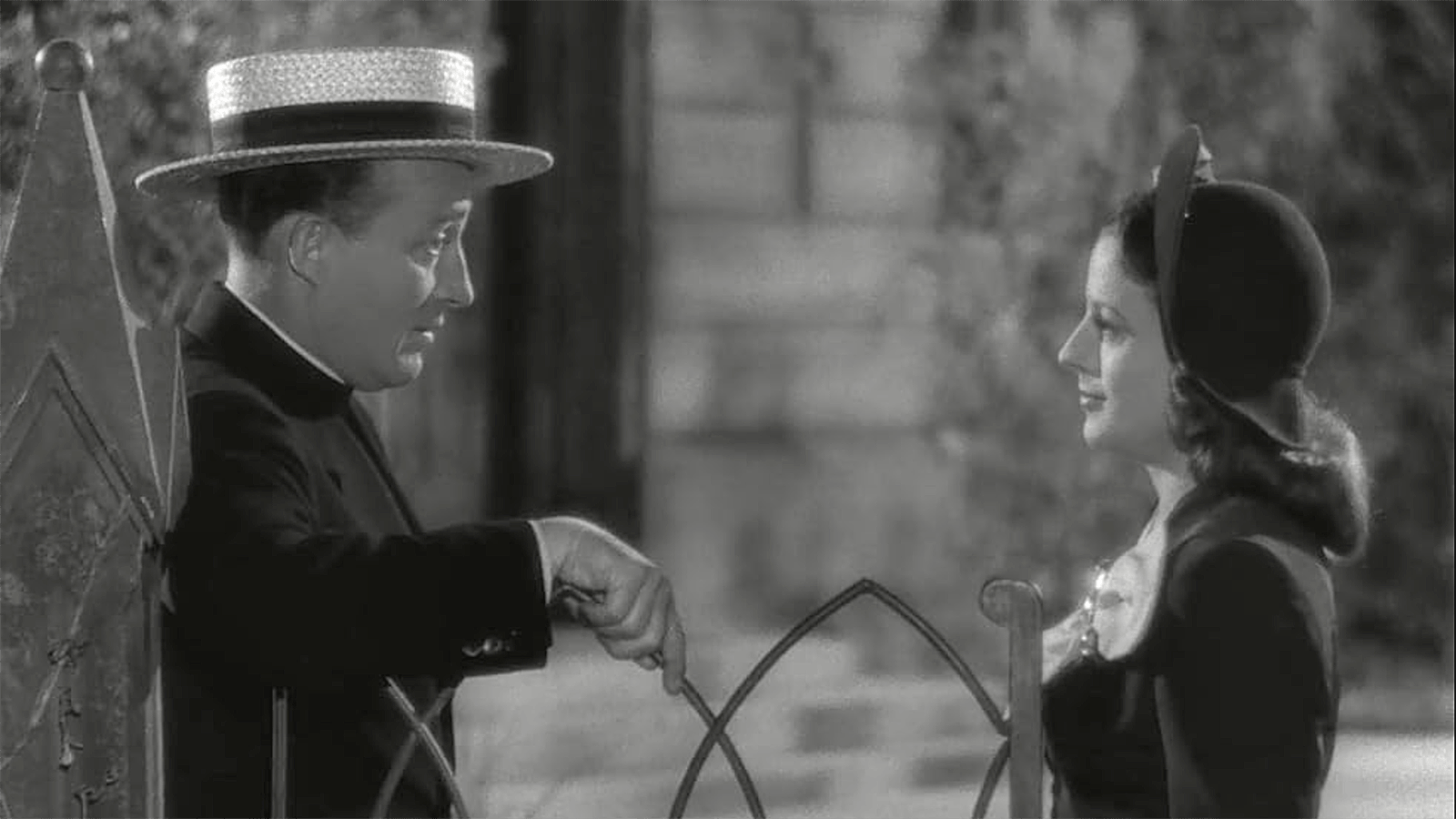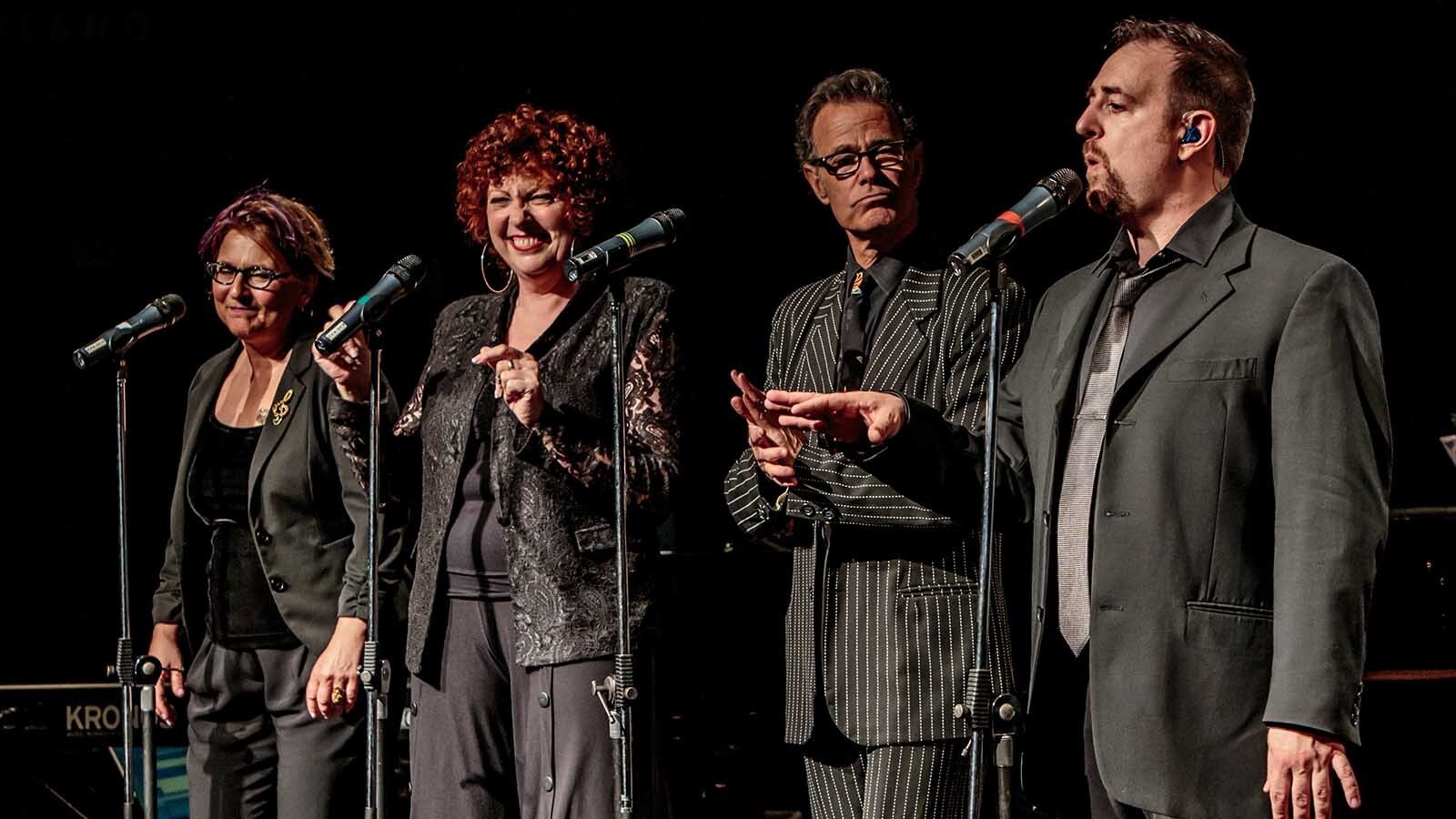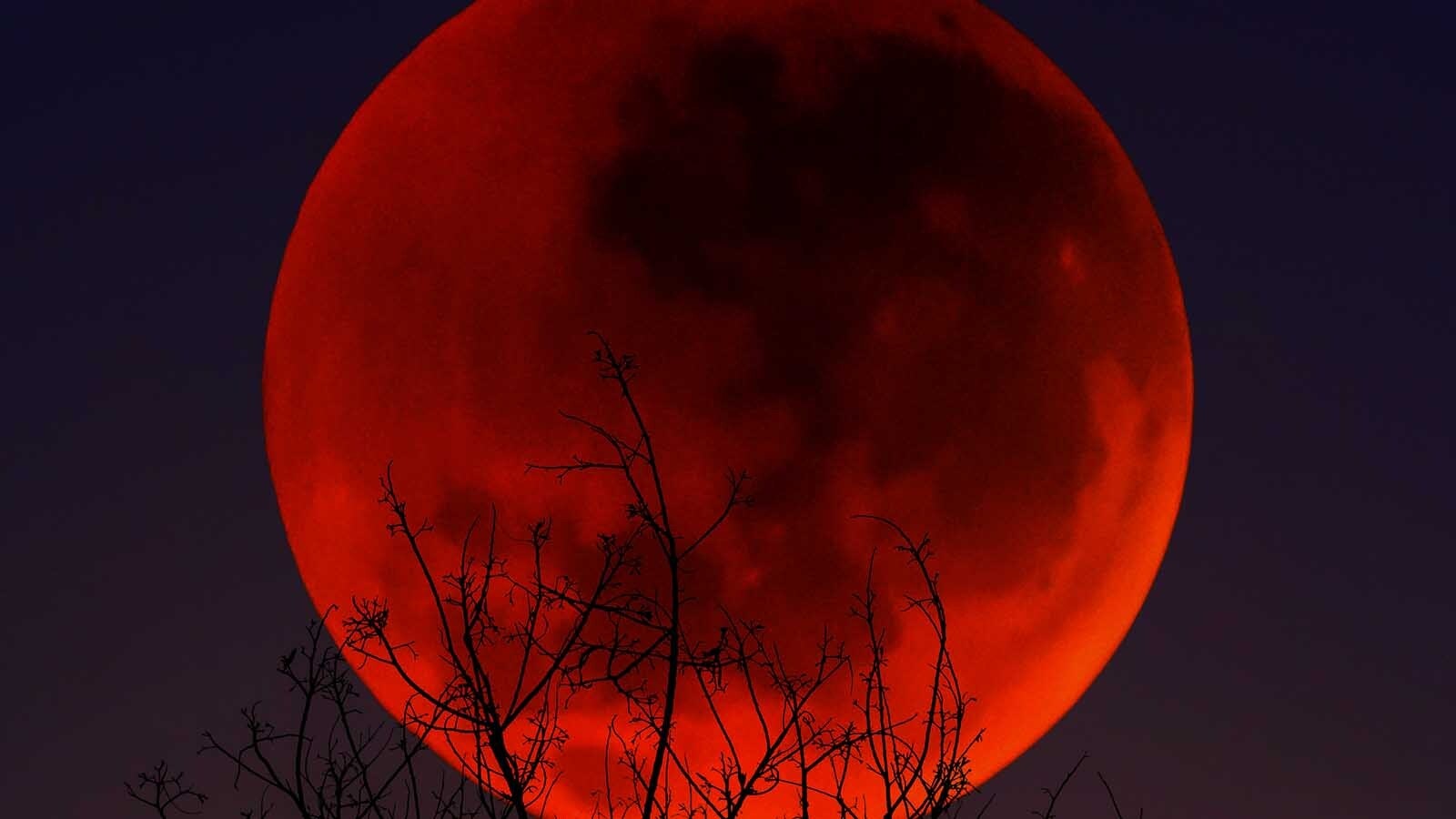Wyoming is known for its Western outlaws and their notorious exploits, like Butch Cassidy, the Sundance Kid and the infamous Hole in the Wall Gang. All bad dudes, they also held some sort of Robin Hood-like allure as antiheroes.
Then there were those who were just plain bad, even borderline evil, like “Big Nose” George Parrott, who rustled so many cattle and held up so many travelers through southern Wyoming that Rawlins locals couldn’t wait for the government to hang him — they did it themselves.
While they were busy robbing trains, banks and stagecoaches, another type of outlaw was setting himself up to take advantage of America’s rich, famous and influential.
Meet Ela Collins “E.C.” Waters, a former U.S. Civil War veteran with a reputation for being rude, abrasive and just downright abusive.
He also abused Yellowstone’s pristine wildlife, establishing a “zoo” on an island that he neglected so badly that people reported the starving animals resorted to eating each other.
Fueling that was his greed, which led Waters to set up a racket as one of the first Yellowstone National Park contractors, running the Lake Hotel and operating boats on Yellowstone Lake to connect visitors with otherwise hard-to-get-to spots on the other side of the lake.
The problem there was once those wealthy enough to afford Waters’ prices were on one of his boats, he had a captive audience that reportedly had to pay more to get off and for anything else Waters could get away with.
E.C. Waters: The Legal Outlaw
Unlike his contemporaries like Big Nose George, Waters robbed his victims legally. He was actually in charge of Yellowstone’s facilities, putting him in prime position to establish his own form of organized crime.
He was hired in 1887 as the head of the Yellowstone Park Association, which managed the park’s hotels and other amenities to make it more appealing and accessible to tourists.
And at the time, those tourists were America’s wealthy and elite — and Yellowstone was the “it” place to see and been seen.
It didn’t take long for Waters to show he had no regard for the park or its unique amenities. Even before he was hired to run the park’s hotels and attractions, he was briefly banned from Yellowstone for “soaping” a geyser.
He put soap into a geyser, which sparks a reaction that makes a geyser seem active and can even force an eruption.
Those Boats
While he was in charge of the park, Waters quickly became most known for the boats he brought to Yellowstone Lake — and his own private zoo (what he called a “game show”) on Dot Island that became so neglected that the animals reportedly had to resort to eating themselves, said Alicia Murphy, Yellowstone National Park historian.
“He was terrible, just a really, really bad guy,” Murphy told Cowboy State Daily. “Certainly no one we would want today having (control of) any operations in the park. Some of the most scathing comments I’ve ever come across in our archives have been about E.C. Waters.”
He created the Yellowstone Lake Boat Co. and brought in a ship called the Zillah to transport visitors from West Thumb to the Lake Hotel on the other shore. He’d charge as much as $3 for the trip, a huge sum for the time.
The alternative was spending hours on horseback or in a coach to go around the lake to the other side.
Once on board, Waters’ customers had no choice but to make side trips to his zoo, which he also charged for, Murphy said.
The ferry opened up a prime money-making opportunity, she said.
“He had already worked in the park operating hotels, so he saw an opportunity and jumped on it,” she said. “People would come from all over the world, and by the time they got to West Thumb, they were tired of being on a stagecoach. It was bouncy and hot and dusty.”
The boat seemed an irresistible way to get that last leg of the journey done quickly and easily.
The Zillah ran so well that Waters brought in a bigger ship, which he immodestly named after himself, the SS E.C. Waters.
That Zoo
But once on board, many of those ferry trips would take a detour to the zoo, which was just an island he stranded some of Yellowstone’s famous wildlife on.
And after awhile, it turned into more of a horror show than a zoo, Murphy said.
One of “the most startling” quotes she’s come across in the park’s archives about the E.C. Waters zoo involved the starving wildlife resorting to eating themselves to survive.
“One visitor there … said it’s the first time seeing elk eating animal flesh, because the animals were literally starving,” Murphy said. “Waters got in trouble because he would kind of just abandon them at the end of the season on that island.
“Or, if he would bring them back, he would leave them in a pen with no food. He was really not good for animals.”
Waters also reportedly kept a “really poorly maintained headquarters that was really an eyesore,” she added.
But he was there by government appointment, which “was one of the reasons it was hard to get rid of him, because at that time, there were no rules to point to that he was breaking. But even for the time, people were just appalled by him.”

Wrecked And Abandoned
In 1905 when the Zillah was breaking down, Waters brought in the larger boat with his own name. It could carry more than twice the 200 passengers of the Zillah, but by then the writing was on the wall.
The E.C. Waters was denied a license as a ferry on the lake as national park administrators finally were aligned in getting rid of Waters. The lack of license limited the number of people he could put on his huge new boat.
That didn’t matter much, however, as Waters would keep the boat tied up as he feuded with management. And by 1907, Waters’ license to operate in Yellowstone at all was revoked.
So, Waters did what he always did — took off and left his problems for someone else to deal with. In this case, the game show and the E.C. Waters, which was driven up on shore at Stevenson Island, basically shipwrecked.
That’s where it’s remained for 117 years.
Over the decades, parts have been salvaged. Its boiler was taken to the nearby hotel, where it helped provide heat for about a half century.
But much of the boat has just weathered, rotted and rusted. It’s still there, slowly being reclaimed by the island and Yellowstone Lake, Murphy said.
“There’s still wreckage there, and over time most of it has decayed or rotted away,” she said. “There’s still some remains of it visible under the water.”
That someone could never get away with what Waters did more than 120 years ago in the park’s infancy is a testament to what’s been learned about Yellowstone and how to value, manage and protect its resources, Murphy said.
But it once was the proving grounds for E.C. Waters, one of the West’s most unique and ruthless outlaws.
Greg Johnson can be reached at greg@cowboystatedaily.com.









